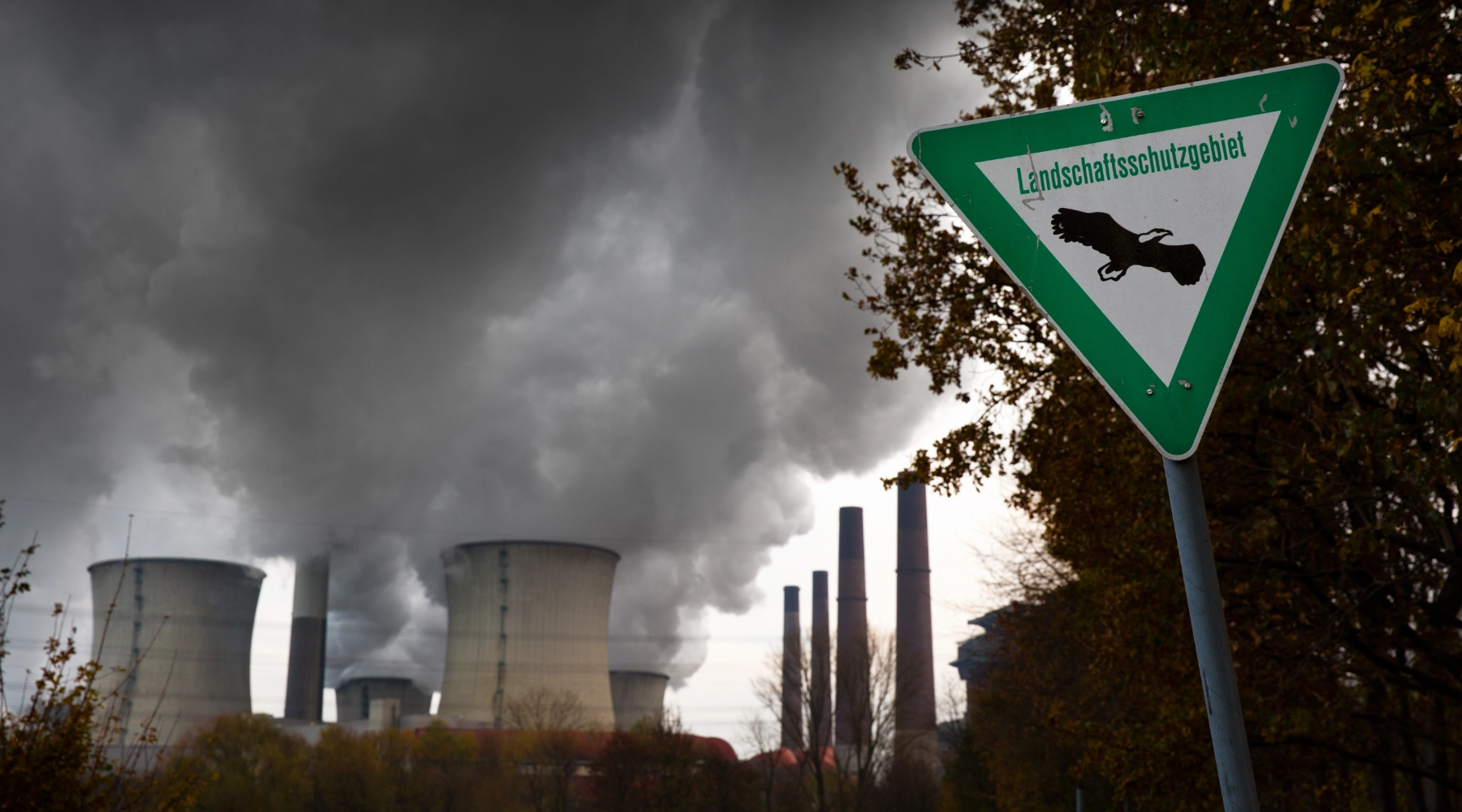
New EU environmental law equates destruction of nature with war crimes
On March 26, 2024, the EU passed a new law. Perhaps this will finally prove to be a turning point in European environmental law.

On March 26, 2024, the EU passed a new law. Perhaps this will finally prove to be a turning point in European environmental law.

Out of 10,000 people surveyed in the EU, two thirds currently believe that neither political institutions, authorities nor economic players are doing a good job with the energy transition.
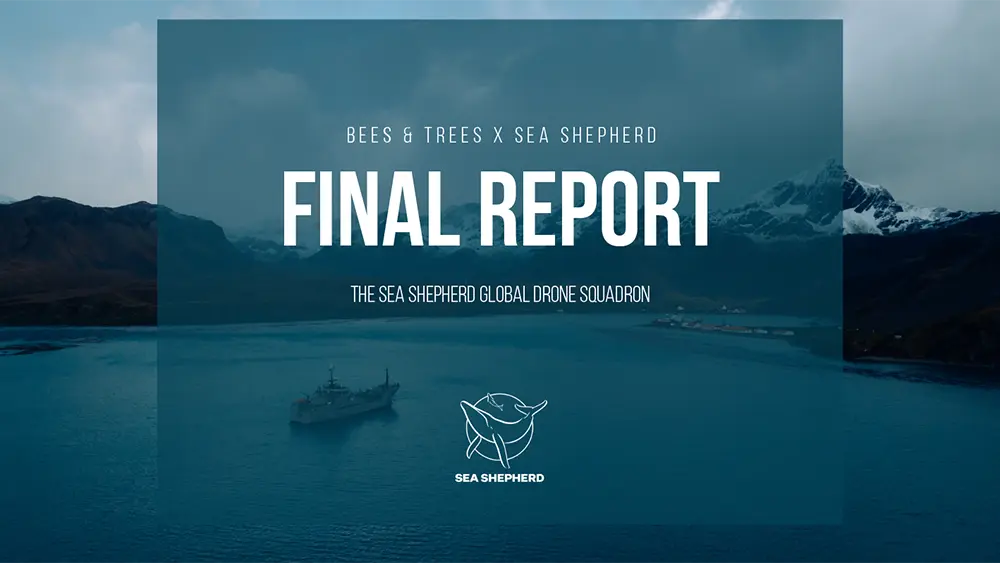
We have been supporting the Sea Shepherd team since June 2021. A swarm of drones was used in the fight against illegal fishing in the Mediterranean.
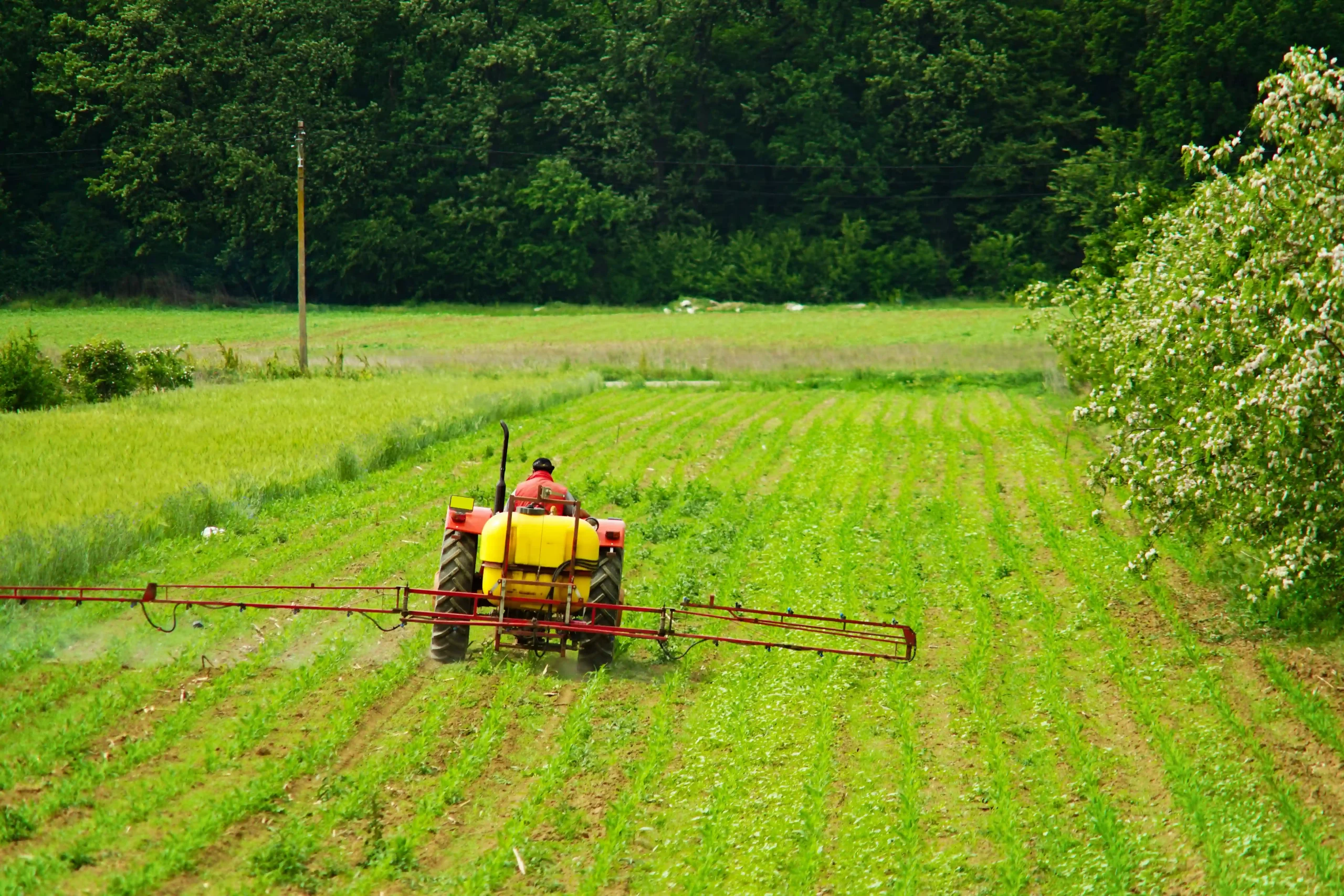
The controversial herbicide glyphosate is due to expire in the EU in mid-December 2023. It is currently unclear whether the authorisation will be extended for another five years. Assessments by the European Food Safety Authority (EFSA), which are relevant in this context, do not see this as a problem.1
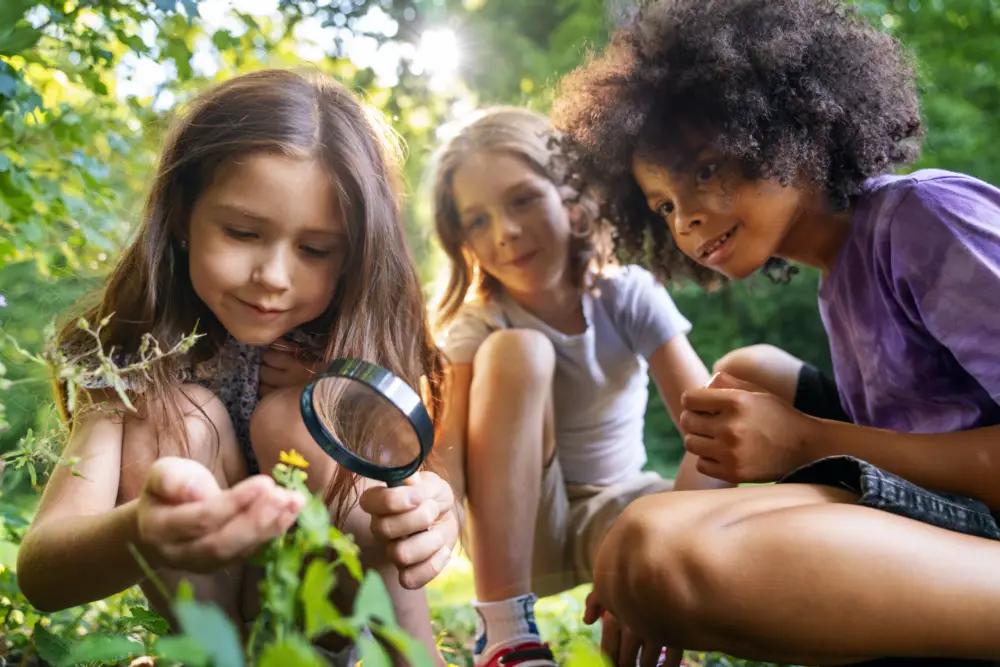
Yellow, black striped, wings and antennae. Clearly a bee, right? But is it really that simple?
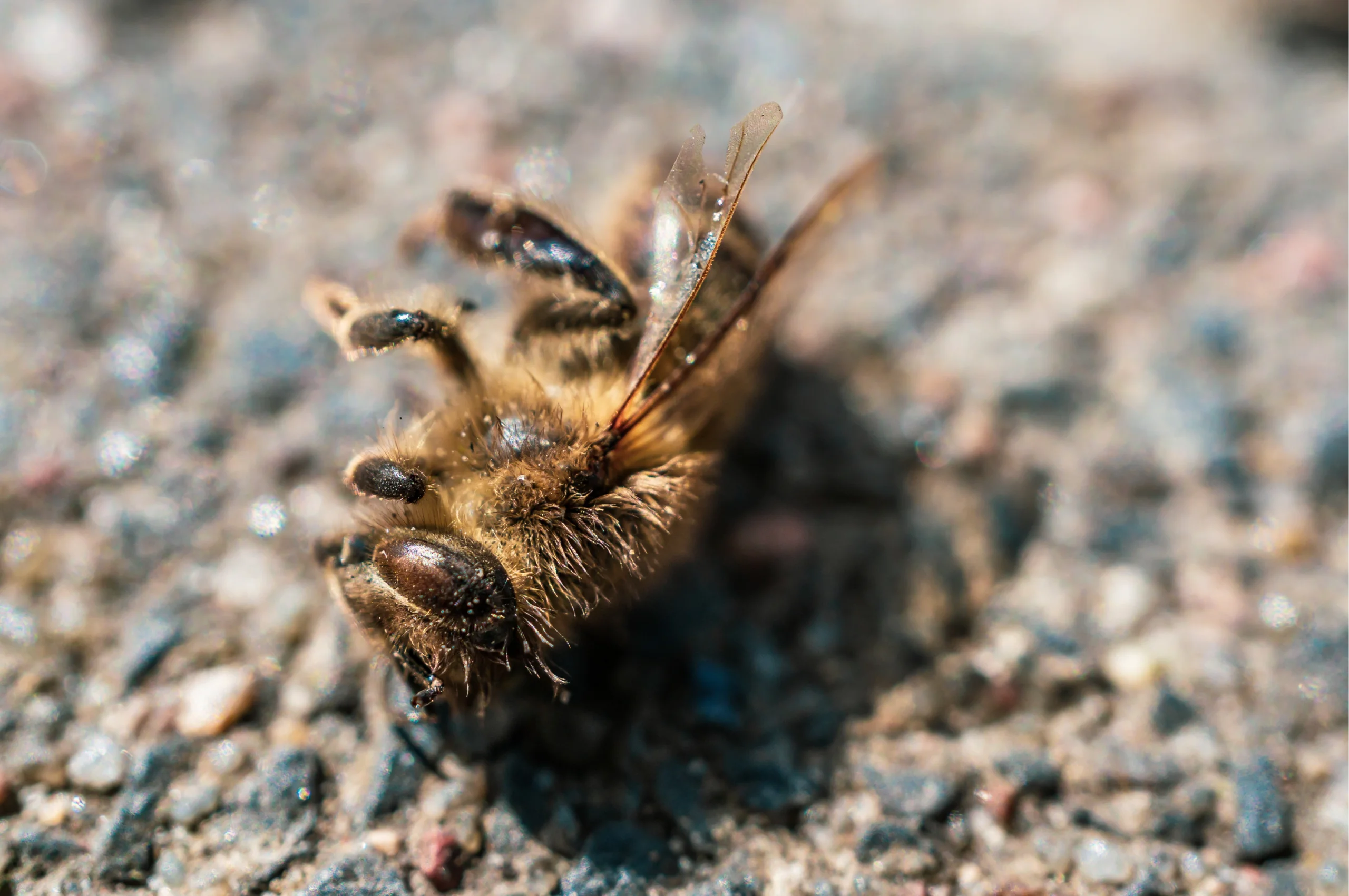
When hearing or reading about declining bee populations, most people think of our honeybees. But here in Europe, honeybees are not actually wild bees; they live largely under the care of beekeepers – and, in most countries, their populations are actually not in decline.
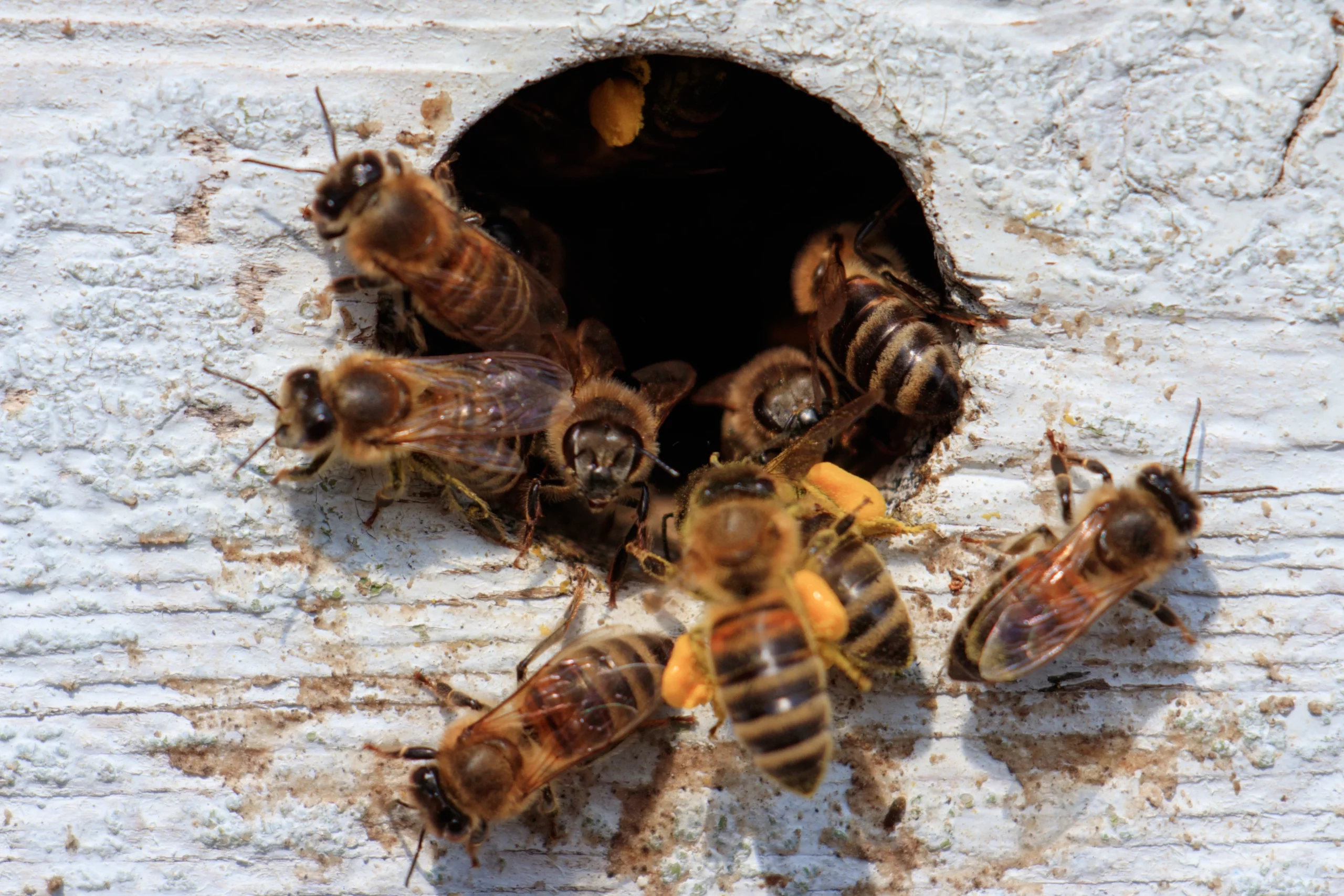
Bumblebees are probably the best known of our wild bees. They differ from most wild bee species in that they are social. This means that they do not live alone (solitary), but in community – in the bumblebee colony.
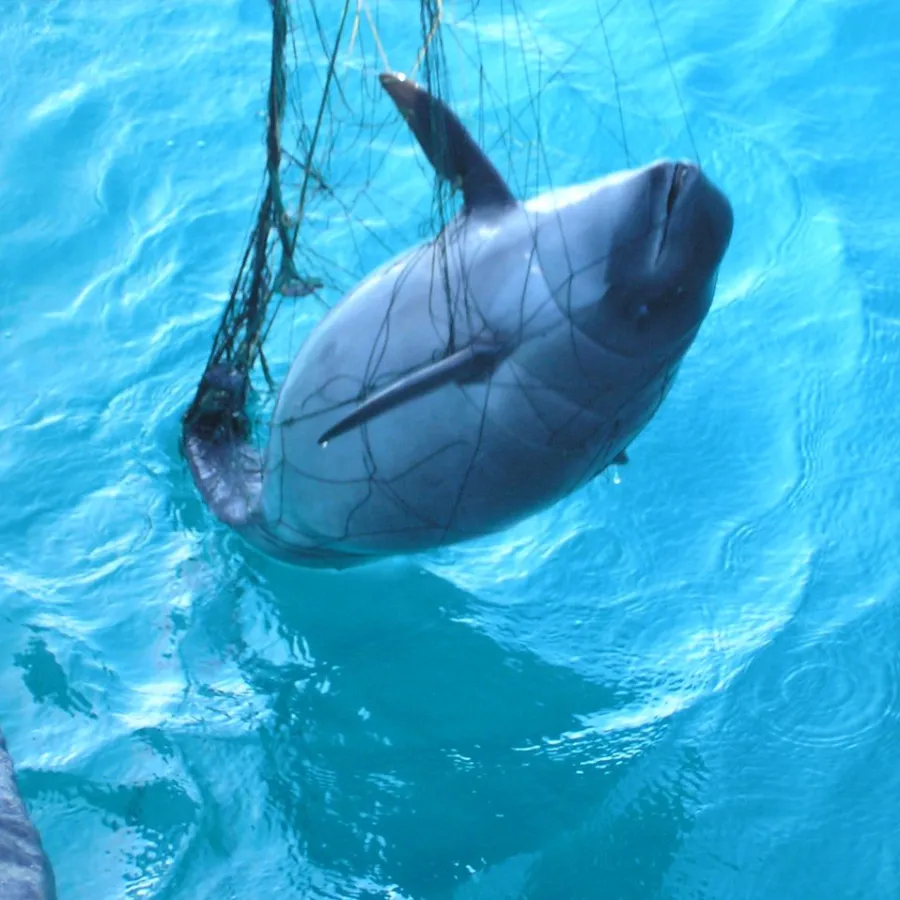
With a petition initiated by marine conservation activist Maximilian Gabriel, WDC and Deutsche Umwelthilfe, we demand that Federal Minister of Agriculture Julia Klöckner immediately ban gillnets from protected areas.
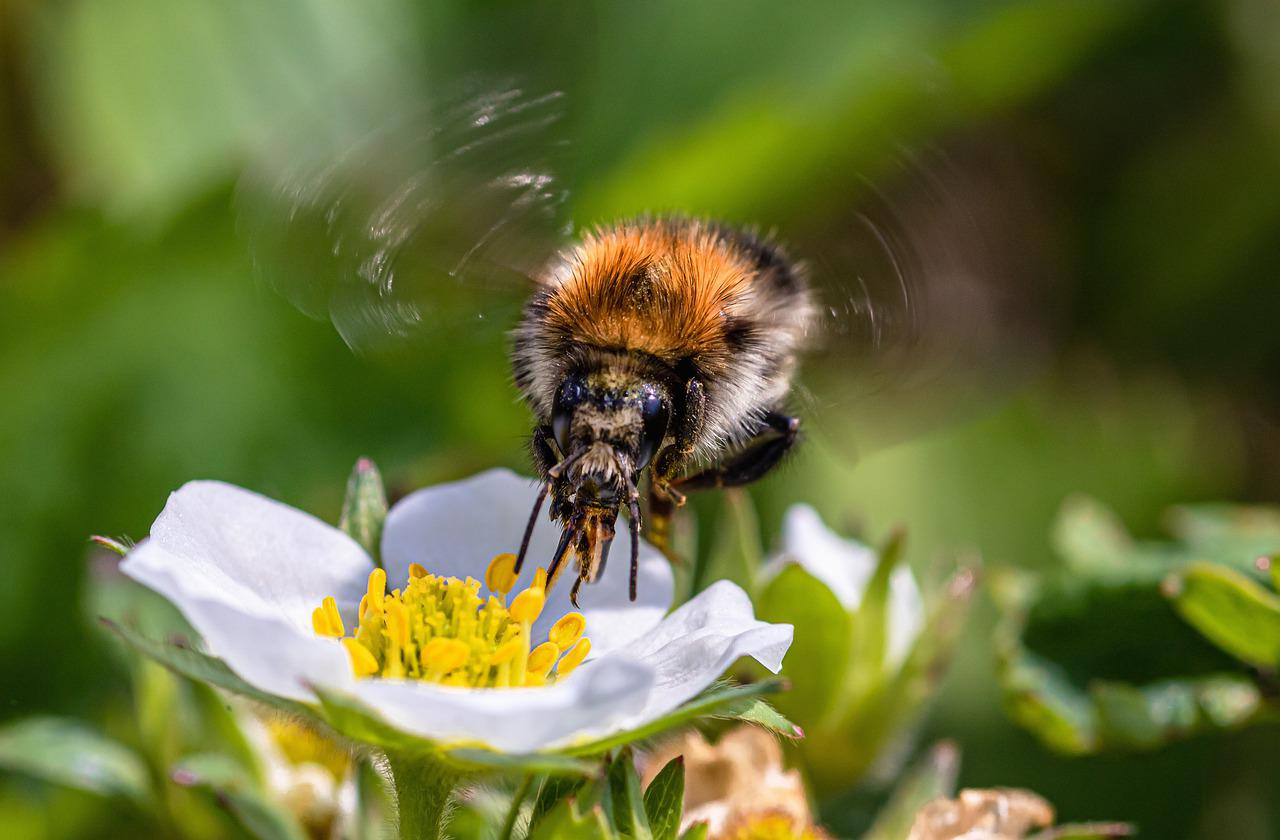
Wild bees are particularly important for the preservation of the ecosystem, because many plants can only be pollinated and thus reproduce by them, as they have adapted to each other in a species-specific way.